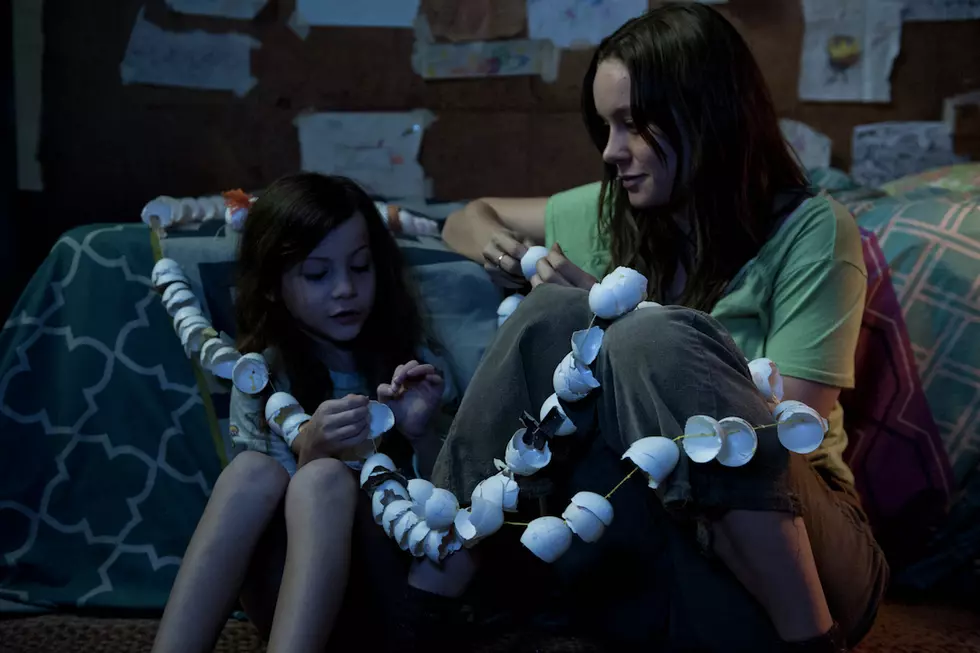
‘Room’ Review: See This Beautiful Drama Without Tissues at Your Own Risk
If you feeling like throw up for a couple hours, take a look at the Wikipedia page for the Elisabeth Fritzl case. Fritzl was imprisoned in 1984 by her father Josef; she didn’t escape until 2008. In the intervening years, Josef repeatedly raped his daughter, and she gave birth to seven of his children; four of them remained incarcerated with Elisabeth, while the other three were adopted by Josef and his wife (he claimed he found them abandoned). Finally, after 24 years of the worst torture imaginable, Elisabeth managed to break free.








